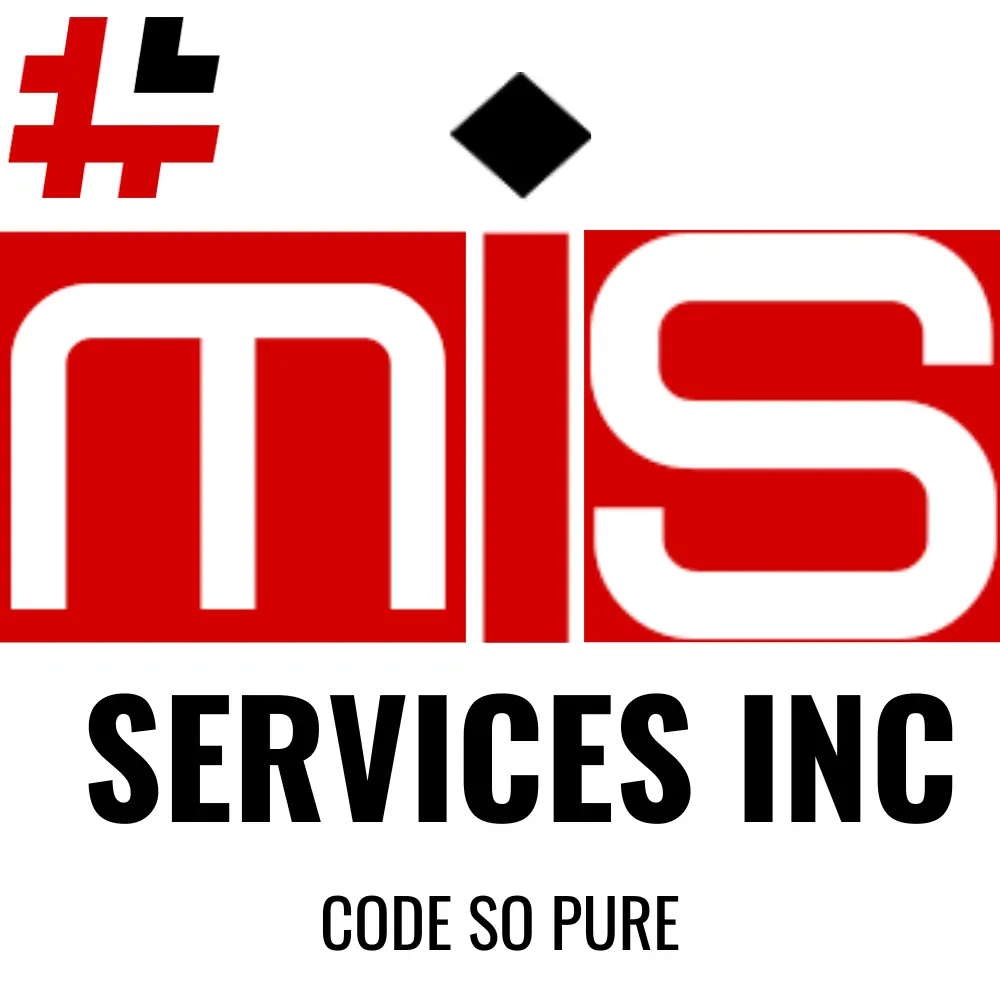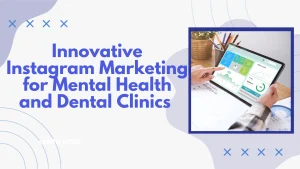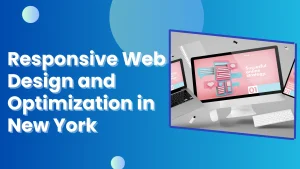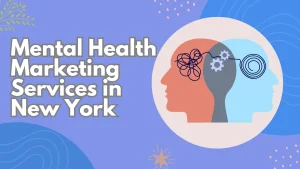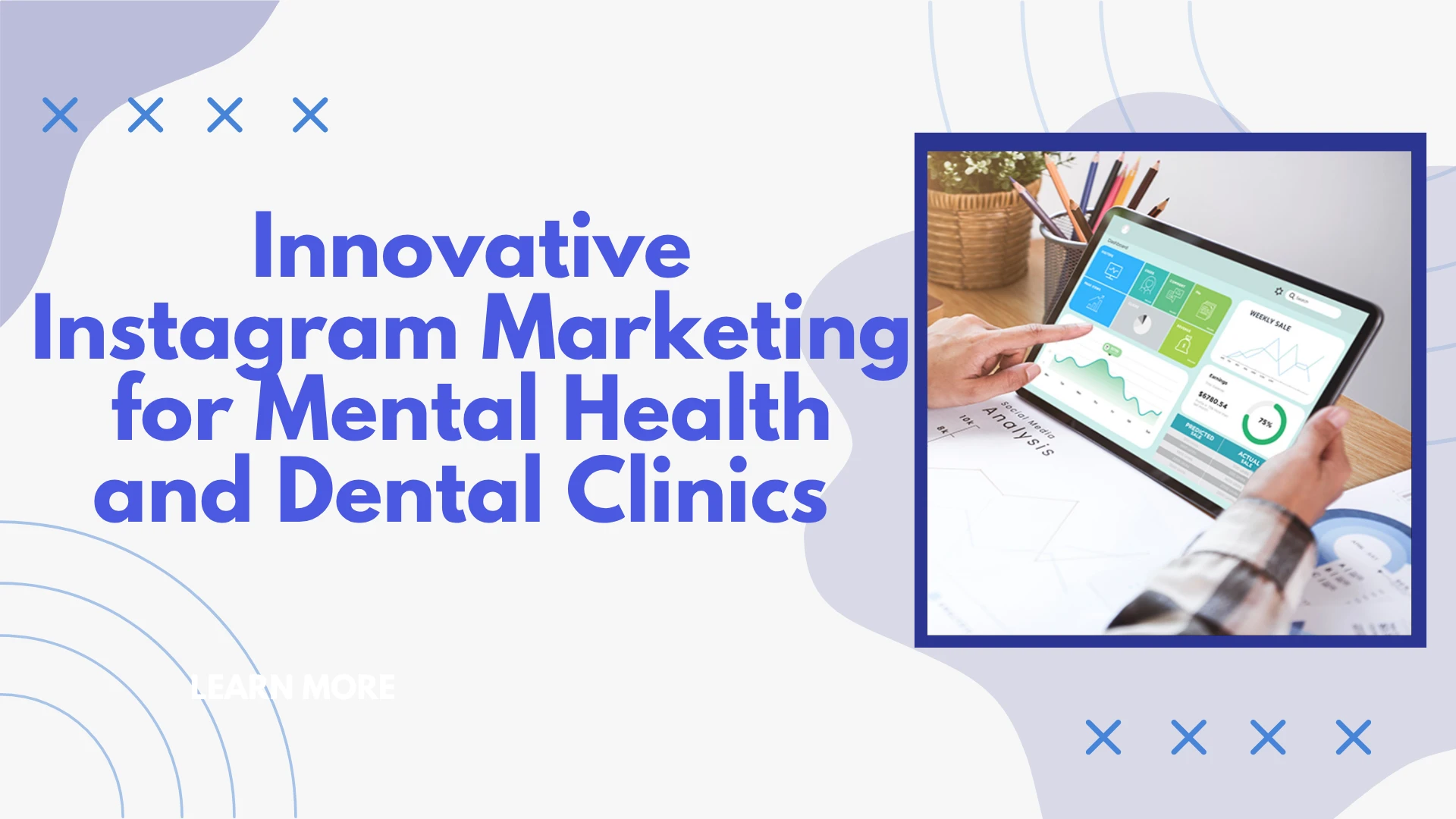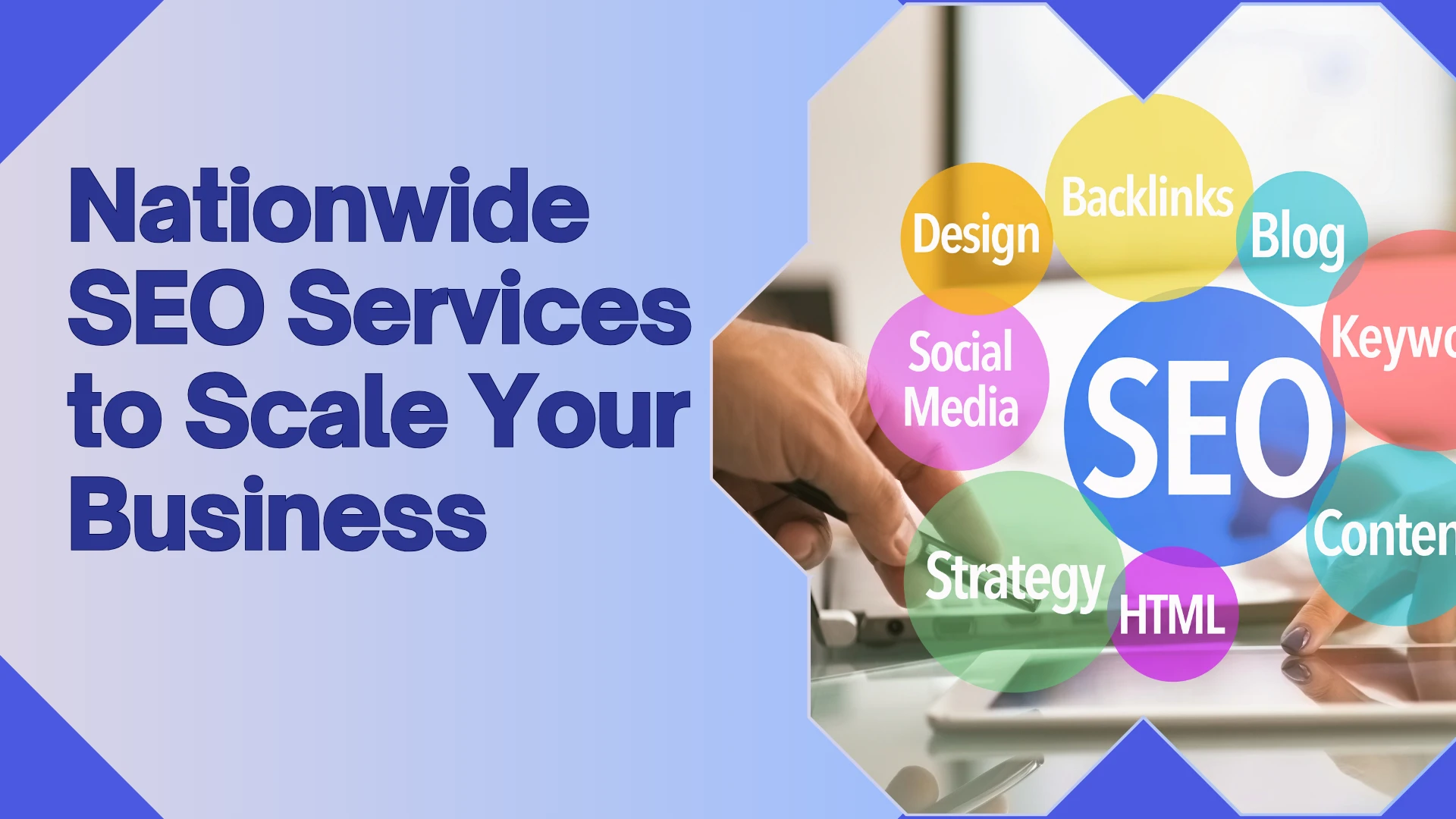The mental health industry is evolving very quickly, and online marketing is one of the primary ways of facilitating it so that therapists, counselors, and clinics can easily approach patients. Everything in New York City is competitive, so mental health professionals need new avenues through which they can stand out and connect with their audience.
One of the largest marketing trends of today is the metaverse—a virtual reality world in which individuals can interact, work, and even receive therapy. But what does this portend for mental health marketing in NYC? Can virtual mental health services actually drive more patients to clinics?
In this article, we’ll break down how the metaverse is transforming mental health marketing and how NYC therapists and clinics can use it to grow their reach.
What is the Metaverse?
The metaverse is a fictional universe in which individuals may interact through virtual reality (VR), augmented reality (AR), and artificial intelligence-based avatars. Consider a place where a therapist can conduct a session without an office, or a mental health brand can build an interactive support group in a virtual environment.
For advertising, the metaverse presents new avenues to connect with potential customers outside of social media, blogs, or websites.
Here’s how it’s revolutionizing mental health advertising in NYC:
1. Virtual Therapy Spaces – A New Approach to Connect
In a busy city like New York, time and convenience are assets. People tend to find it hard to incorporate therapy into their schedules because they are too busy, have extended periods of travelling, or feel socially anxious.
With the metaverse, therapists can:
✅ Conduct virtual therapy sessions in soothing, specially designed spaces.
✅ Develop immersive support groups where patients interact as avatars.
✅ Provide 24/7 guided meditations and mental exercises in virtual environments.
This makes therapy more convenient and increases the chances of clinics attracting patients who are okay with online interactions compared to face-to-face visits.
2. Virtual Assistants and AI-Powered Chatbots
Some mental health websites already use chatbots to answer questions and book appointments. But in the metaverse, these AI helpers can be more interactive and helpful.
✅ Virtual assistants can walk users through mental health content.
✅ Chatbots that are powered by AI can provide preliminary evaluations before linking patients with a therapist.
✅ Users can engage in self-help practice with customized mental health avatars.
For NYC mental health clinics, that translates to increased interaction with site visitors and greater likelihood of them becoming clients.
3. Presenting Virtual Mental Health Events
NYC mental health organizations can present virtual events in the metaverse to expand their reach. These might be:
✅ Live Q&A sessions with therapists in a virtual seminar room.
✅ Guided meditation or wellness workshops in a digital garden environment.
✅ Panel sessions on stress, anxiety, or depression with visiting experts.
These events generate brand recognition and enable mental health clinics to engage existing and potential patients uniquely.
4. Virtual Advertising in the Metaverse
Metaverse digital marketing is creating new avenues for advertising. Rather than the usual Facebook or Google advertisements, NYC mental health brands can now install:
✅ Virtual billboards in metaverse cities advertising therapy services.
✅ Digital wellness center ads where the users are already in search of mental health aid.
✅ Virtual meditation app sponsored content where users are in a meditative state.
Early movers in metaverse mental health marketing can take advantage of lower costs and reduced competition as the metaverse continues to develop.
5. Interactive Mental Health Resources
Individuals engage with mental health content differently within the metaverse. Rather than reading blogs or YouTube videos, they may engage with content in a more experiential manner.
Some examples are:
✅ A virtual tour of a therapy process, so that users know what to anticipate.
✅ A relaxation room, where users can engage with soothing surroundings.
✅ A mental health simulation, where users see and feel what it is like to have depression or anxiety.
Such interactive material boosts engagement and assists clinics in establishing trust with prospective clients.
6. SEO and Local Search in the Metaverse
As websites traditionally use SEO to rank on Google, metaverse businesses must optimize for virtual search engines. This involves:
✅ Placing the correct keywords in metaverse listings (e.g., “mental health therapy in NYC VR”).
✅ Optimizing virtual office spaces so users can locate them in virtual maps.
✅ Virtual business listings in virtual cities such as Decentraland or Meta Horizon Worlds.
For NYC therapists, this translates to new methods of ranking higher in search results, beyond Google and Yelp.
7. The Future of Mental Health Marketing in NYC
The metaverse is not supplanting traditional marketing—but it is creating new avenues for mental health providers to reach patients.
Therapists and clinics in NYC who embrace digital innovations will have a competitive advantage. While many are still relying on basic social media ads and blogs, those who explore virtual spaces, AI-powered engagement, and interactive resources will stand out in a crowded market.
How to Get Started
If you’re a mental health provider in NYC, here’s how to start integrating metaverse marketing:
✅ Test VR spaces – Experiment with providing therapy sessions in a virtual space.
✅ Leverage AI chatbots – Add a smart assistant to your website to assist in engaging visitors.
✅ Host virtual events – Conduct a live workshop in the metaverse to meet new clients.
✅ Test virtual ads – Experiment with marketing on digital billboards or wellness apps.
As technology advances, being ahead in marketing keeps businesses relevant and reaches more individuals.
Conclusion
The metaverse is revolutionizing the way people interact, learn, and access assistance. For mental health professionals in NYC, this is the perfect time to embrace new digital marketing strategies that enhance patient engagement.
By embracing virtual environments, AI chat assistants, and interactive content, clinics can attract more patients and provide improved services. MIS SERVICES INC
Mental health is a booming business, and in a city as hectic as NYC, technology can assist more individuals in receiving the treatment they require.
Are you ready to enter the future of mental health marketing? The metaverse could be the next big thing for your practice.

